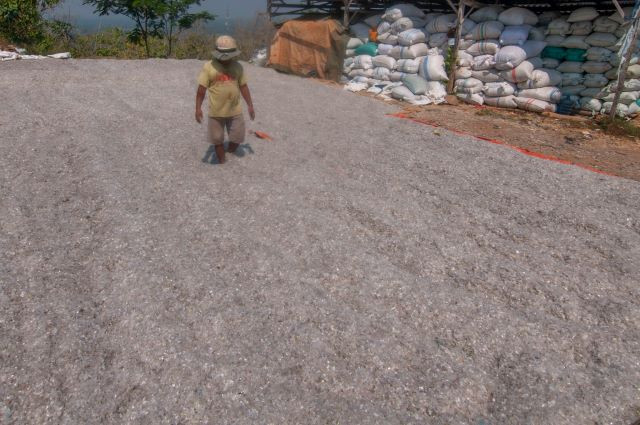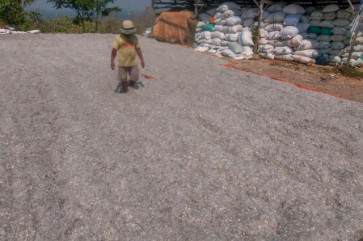Popular Reads
Top Results
Can't find what you're looking for?
View all search resultsPopular Reads
Top Results
Can't find what you're looking for?
View all search resultsPlastic (not) fantastic – Unwrapping Indonesia’s plastic waste crisis
The government needs to develop programs dedicated to educating, encouraging and supporting MSMEs to operate in a sustainable manner.
Change text size
Gift Premium Articles
to Anyone
As an Indonesian, I have been proud to see our nation work hard to become one of the leading emerging markets in the world. Our gross domestic product (GDP) has surged, propelling us into the elite top 20 economies worldwide.
But unfortunately, Indonesia’s growth comes at a cost. While the last two decades have been economically prosperous for Indonesia, our environmental issues have escalated in an equal fashion.
Growing up and living in Jakarta in the 2000s, I experienced first-hand our city’s chronic flooding problems. The relentless prioritization of urban sprawl and expansion obliterated Jakarta's verdant fields, parks and wetlands.
The city’s natural, open spaces which used to absorb rainwater and help alleviate flooding, are now depleted, leading to an overburdening of its waterways. Neglected since the 1970s, proper dredging nor waste management was put in place, despite local and national governments at the time insisting otherwise.
This culminated in the clogged waterways which became a central contributor to the ongoing flooding. Since the mid-1990s, Jakarta has faced a series of catastrophic deluges, taking numerous lives, destroying thousands of homes, and displacing nearly a million people. My family home was one of the thousands destroyed during the 2007 floods.
With my personal history and experience, Indonesia’s plastic waste crisis cuts deep, as it does for many other Indonesians. To put our plastic waste situation into context, Indonesia is the second-largest marine polluter in the world, second only to China, and even ahead of India – a country with a population five times larger than ours.
According to the World Bank, Indonesia generates 8 million tons of plastic waste annually, of which 5 million tons of this is mismanaged plastic waste.



















